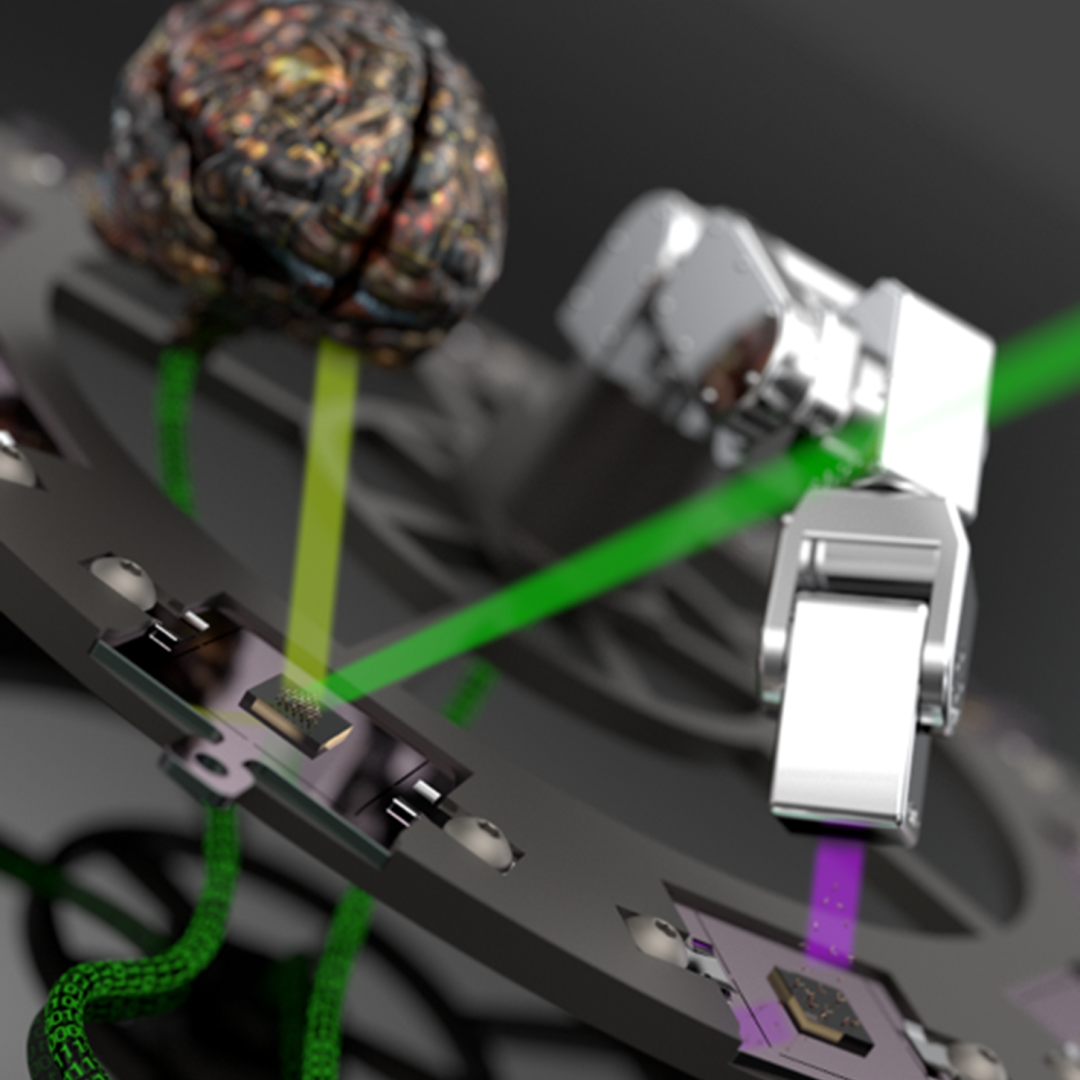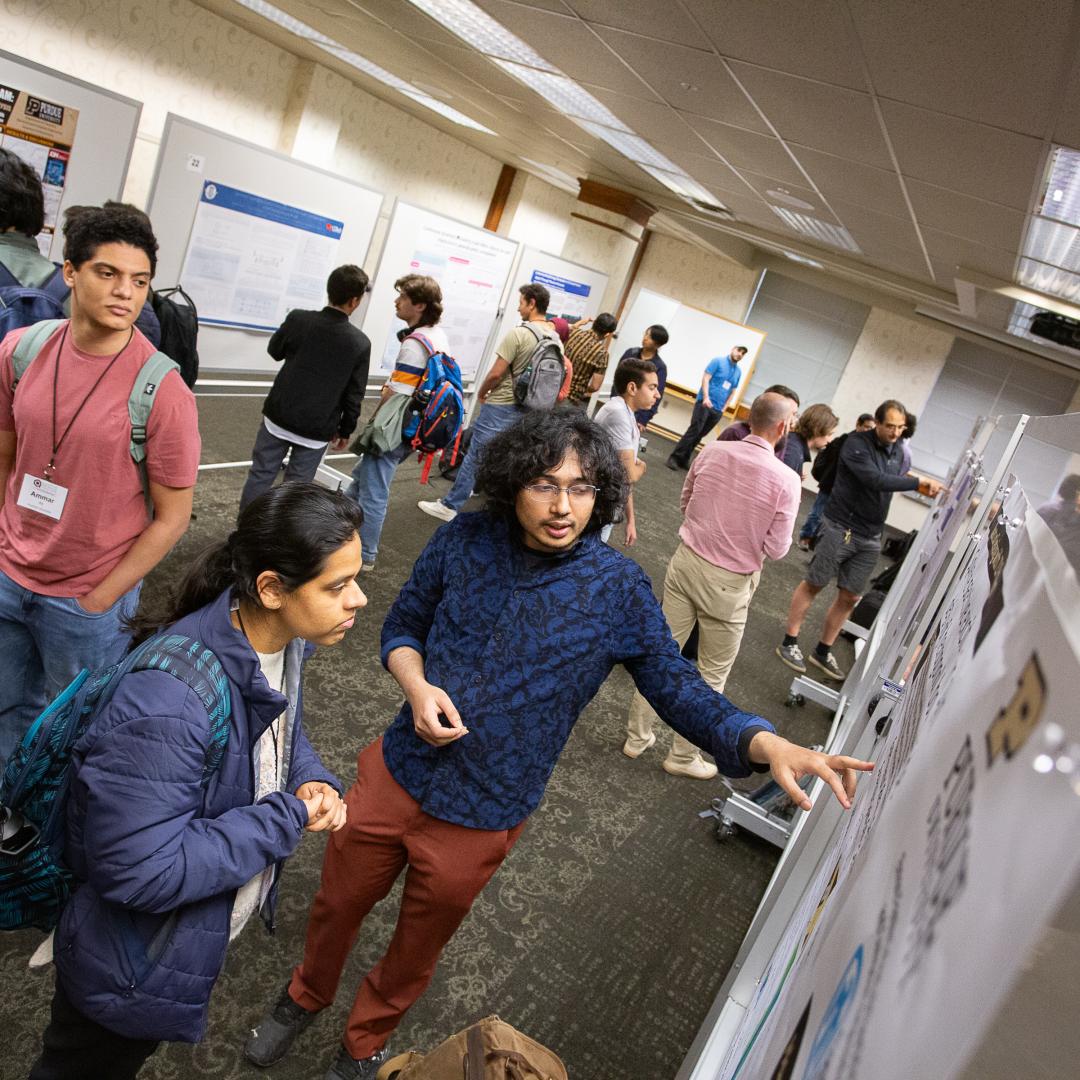Filter News
Area of Research
- (-) Materials (16)
- (-) Supercomputing (20)
- Advanced Manufacturing (4)
- Biology and Environment (6)
- Clean Energy (23)
- Fusion and Fission (7)
- Fusion Energy (7)
- Materials for Computing (2)
- National Security (1)
- Neutron Science (3)
- Nuclear Science and Technology (11)
- Nuclear Systems Modeling, Simulation and Validation (1)
News Topics
- (-) Advanced Reactors (5)
- (-) Composites (9)
- (-) Quantum Computing (20)
- 3-D Printing/Advanced Manufacturing (26)
- Artificial Intelligence (38)
- Big Data (19)
- Bioenergy (18)
- Biology (14)
- Biomedical (22)
- Biotechnology (2)
- Buildings (8)
- Chemical Sciences (32)
- Clean Water (3)
- Climate Change (21)
- Computer Science (98)
- Coronavirus (17)
- Critical Materials (15)
- Cybersecurity (8)
- Decarbonization (11)
- Energy Storage (37)
- Environment (34)
- Exascale Computing (22)
- Frontier (28)
- Fusion (8)
- Grid (9)
- High-Performance Computing (40)
- Irradiation (1)
- Isotopes (13)
- ITER (1)
- Machine Learning (14)
- Materials (79)
- Materials Science (83)
- Mathematics (1)
- Microscopy (29)
- Molten Salt (3)
- Nanotechnology (42)
- National Security (8)
- Net Zero (2)
- Neutron Science (42)
- Nuclear Energy (20)
- Partnerships (11)
- Physics (34)
- Polymers (18)
- Quantum Science (32)
- Renewable Energy (1)
- Security (6)
- Simulation (14)
- Software (1)
- Space Exploration (5)
- Summit (42)
- Sustainable Energy (19)
- Transformational Challenge Reactor (3)
- Transportation (19)
Media Contacts
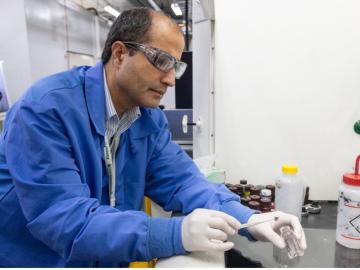
Electric vehicles can drive longer distances if their lithium-ion batteries deliver more energy in a lighter package. A prime weight-loss candidate is the current collector, a component that often adds 10% to the weight of a battery cell without contributing energy.
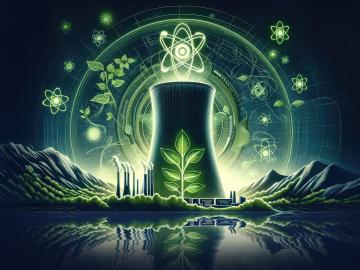
Anne Campbell, a researcher at ORNL, recently won the Young Leaders Professional Development Award from the Minerals, Metals & Materials Society, or TMS, and has been chosen as the first recipient of the Young Leaders International Scholar Program award from TMS and the Korean Institute of Metals and Materials, or KIM.
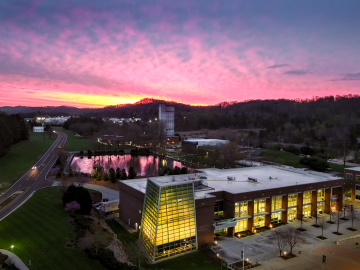
In fiscal year 2023 — Oct. 1–Sept. 30, 2023 — Oak Ridge National Laboratory was awarded more than $8 million in technology maturation funding through the Department of Energy’s Technology Commercialization Fund, or TCF.
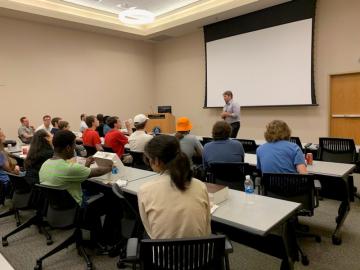
Quantum computing sits on the cutting edge of scientific discovery. Given its novelty, the next generation of researchers will contribute significantly to the advancement of the field. However, this new crop of scientists must first be cultivated.
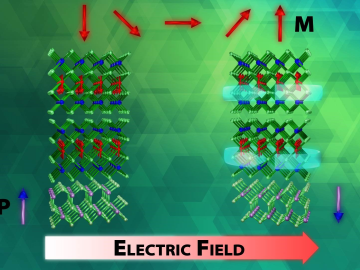
An advance in a topological insulator material — whose interior behaves like an electrical insulator but whose surface behaves like a conductor — could revolutionize the fields of next-generation electronics and quantum computing, according to scientists at ORNL.
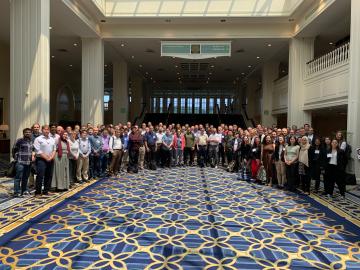
In late May, the Quantum Science Center convened its first in-person all-hands meeting since the center was established in 2020. More than 120 QSC members gathered in Nashville, Tennessee to discuss the center’s operations, research and overarching scientific aims.
For the third year in a row, the Quantum Science Center held its signature workforce development event: a comprehensive summer school for students and early-career scientists designed to facilitate conversations and hands-on activities related to

Researchers used Oak Ridge National Laboratory’s Quantum Computing User Program to perform the first independent comparison test of leading quantum computers.

A study led by Oak Ridge National Laboratory researchers identifies a new potential application in quantum computing that could be part of the next computational revolution.
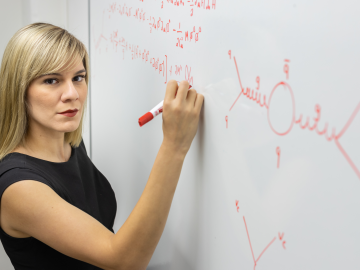
Andrea Delgado is looking for elementary particles that seem so abstract, there appears to be no obvious short-term benefit to her research.


